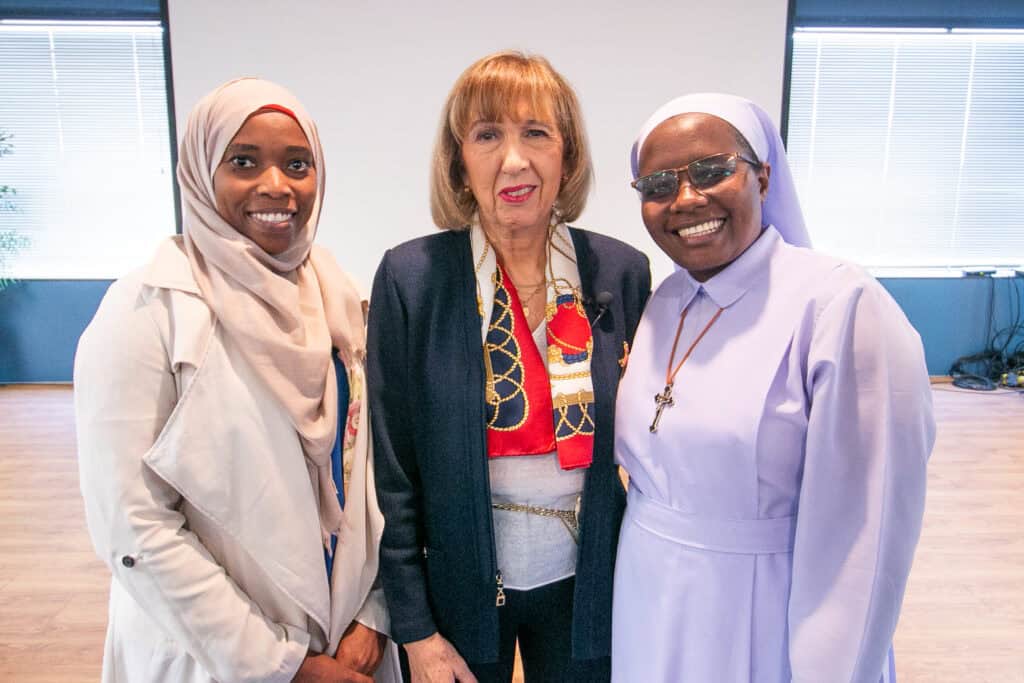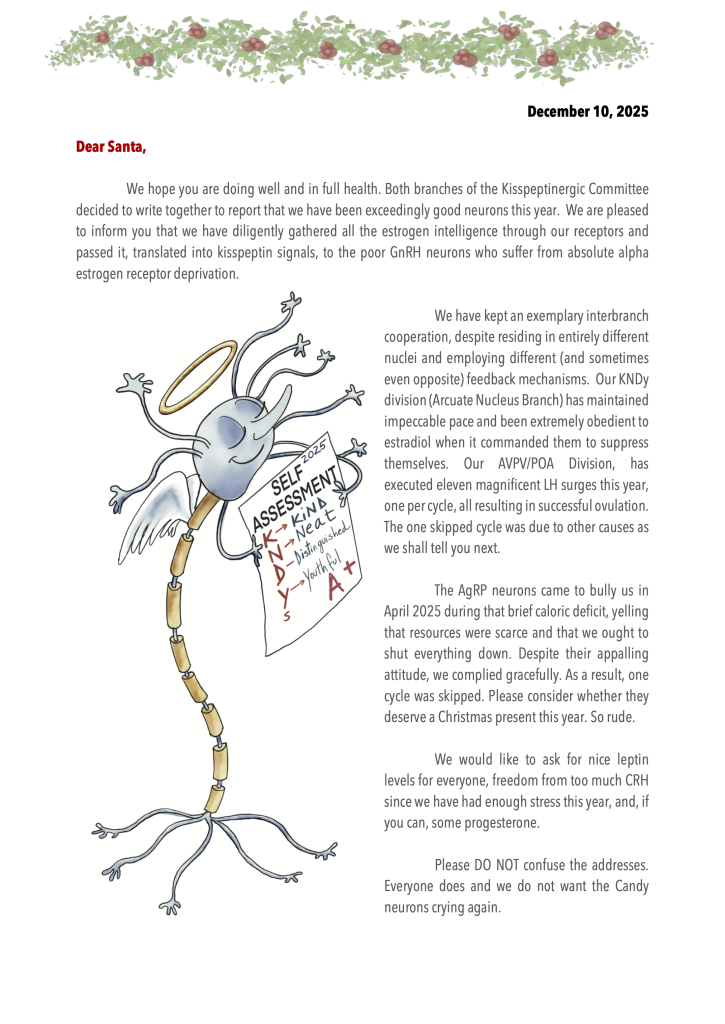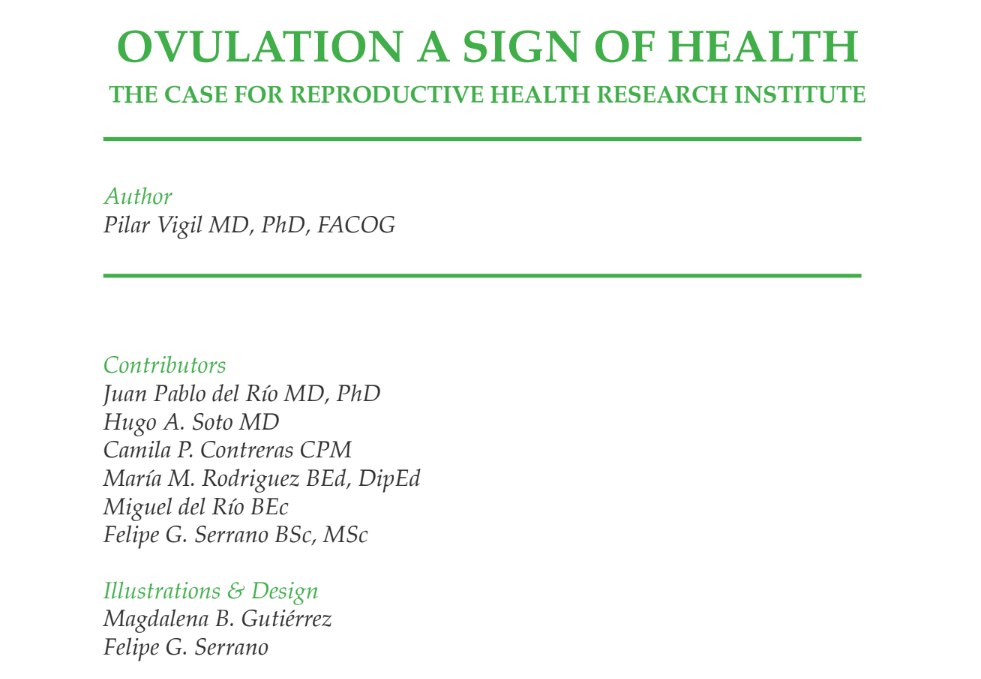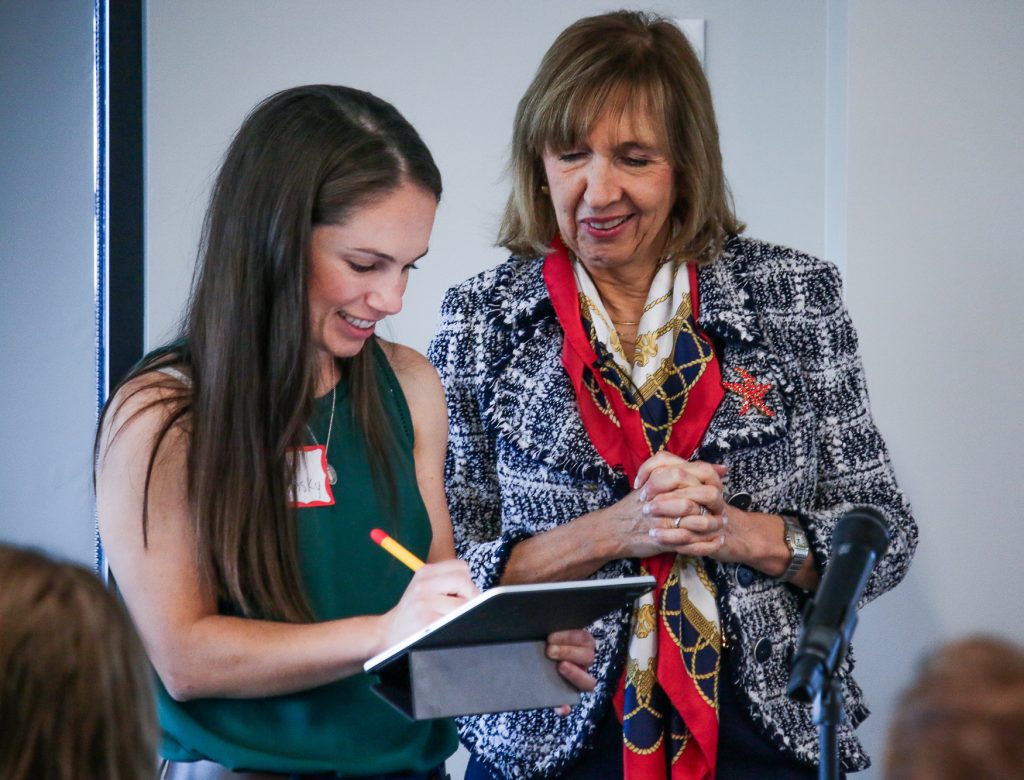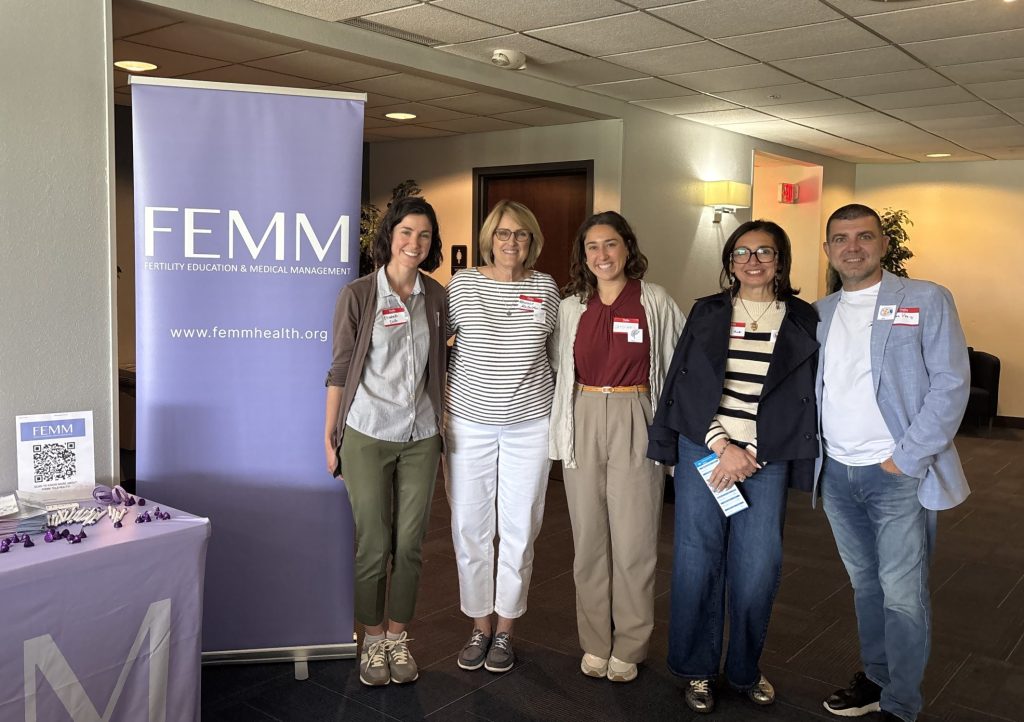Just two years ago, FEMM was unknown in Tanzania.
Now, multiple hospitals around the country use FEMM protocols to treat their patients. Doctors are conducting exciting new research. And hundreds of women have learned how to take charge of their reproductive health.
How did this happen?
It all started when Dr. Danielle Koestner visited Mwanza, Tanzania to introduce FEMM to the OB/GYN department at the Bugando Medical Center. Its physicians and over twenty residents learned about ovulation as a sign of health and the FEMM medical management protocols.
Tanzanian physicians Dr. Godfrey Kato Kaizilege and Dr. Sandra Ramiya continued the work that Dr. Koestner started. They attended the 2023 FEMM Medical Management Masterclass in Columbus, Ohio. Afterwards, they taught their own masterclass at Bugando Medical Center, sharing what they’d learned with the OB/GYN residents there.
This year, FEMM has continued to spread throughout the medical community in Tanzania, to the benefit of many hundreds of women. And the good work is just getting started!
Deepening Their Knowledge
This year, a group of Tanzanian physicians returned to Columbus for the 2024 Medical Management Masterclass. The group included Dr. Kaizilege and Sr. Juliet Macharia MD (who’d also learned about FEMM from Dr. Koestner). The participants deepened their knowledge of reproductive healthcare and brought back new information to integrate in their own practices.
Dr. Kaizilege particularly appreciated the update on the classification/phenotypes of PCOS and how to diagnose them. He also learned more about the influence of hormones on brain health and the negative impact of artificial contraception on human health.
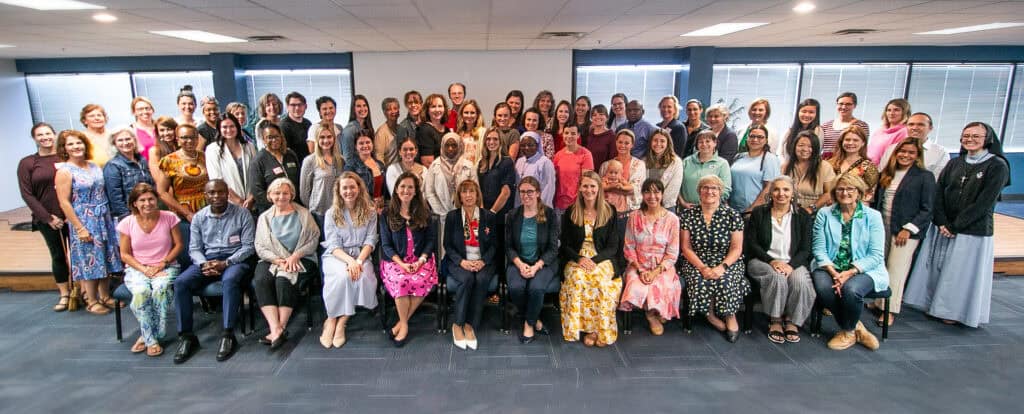
Dr. Juliet came away from the masterclass with a deeper knowledge of different types of menstrual patterns, ovulatory dysfunction, estrogen and its role in appetite, and much more. “This [training] will help me to get to the root cause of ovulatory dysfunction and help the patients to be doctors of their own bodies,” she says.
Back at Bugando Medical Center, Dr. Kaizilege continues to share what he’s learned with medical students and residents so that they can provide more effective care for their patients.
“Our department received a new group of 20 residents,” he says. “I am planning to carry out an introduction course to them. This will be followed by topic as well as case presentation in their lecture session.”
Additionally, Bugando Medical Center will be integrating FEMM protocols into its reproductive endocrinology course, which is offered to students in the fourth semester.
New Research
In addition to treating patients and teaching, the physicians at Bugando Medical Center have been doing exciting research on reproductive healthcare—particularly on treating the root causes of hormonal disorders. Dr. Kaizilege and Dr. Juliet were both authors on a recent report published in the East African Scholars Journal of Medicine and Surgery entitled “Heartache to Happiness: Managing a Six Year Hormonal Subfertility with a Successful Rate of Conception.”
The report followed a patient who had been trying unsuccessfully to conceive for six years. Using FEMM protocols, Dr. Kaizilege, Dr. Juliet, and their colleagues successfully diagnosed and treated the hormonal imbalances causing the patient’s infertility. Three months into treatment, she conceived and went on to deliver a healthy baby boy.
There’s more great research in the pipeline, too. The team at Bugando is working on an infertility case series. They’re also conducting research on the relationship of irregular cycles to hormonal abnormalities in adolescents, as well as metabolic and other hormonal factors in infertility patients.

The Future is Bright
Bugando Medical Center isn’t the only place where FEMM is being used in Tanzania. FEMM medical management protocols are now practiced at St Benedict’s Ndanda Referral Hospital and Kitete Regional hospital. What’s more, twenty-seven gynecologist/obstetricians trained in FEMM protocols have graduated from Bugando Medical Center. According to Dr. Kaizilege, most of them use FEMM protocols as they care for their patients all across Tanzania.
Right now, Dr. Kaizilege and his colleagues are working to increase collaboration between the regional and zone hospitals of Tanzania. They aim to help women in local hospitals identify irregular cycles and send patients to a zone hospital (like Bugando) for a more intensive workup using FEMM protocols. The hope is that this collaboration will impact maternal morbidity and mortality outcomes positively.
Other plans include a full integration of FEMM protocols in postgraduate/resident studies; sharing reproductive health knowledge with medical and nursing students; and bringing FEMM to more nearby district and regional hospitals.
“We are organizing training for doctors,” Dr. Kaizilege shares. “This will be followed by outreach programs and on-the-job training by discussing management protocols and cases.
“Our future plan is to make FEMM known to most of our clinicians.”

